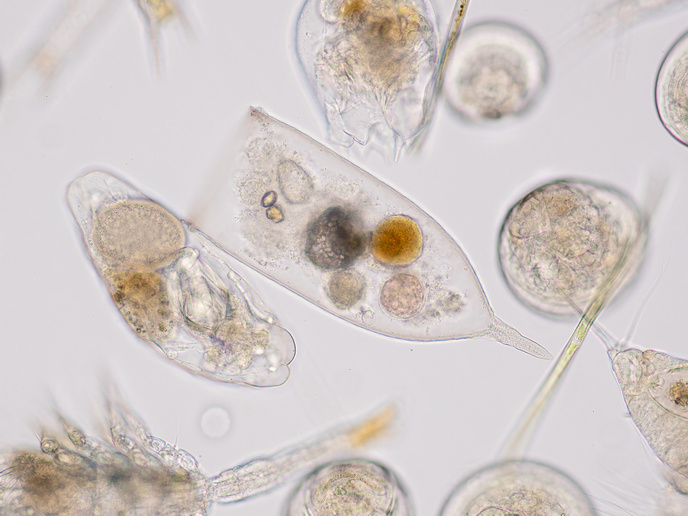Improving marine sensor research
Oceans are under threat due to a wide range of human and environmental pressures. In order to prevent catastrophic changes in marine biodiversity and ecosystems, scientists need better ways to monitor ocean health. The EU-funded 'International sensor development network' (SENSENET)(opens in new window) project was established to train researchers in the growing field of in situ marine sensor technology. The project brought together 15 research laboratories and two commercial sensor companies. Sixteen PhD students and one postdoctoral researcher received training through workshops, training in the field and university-based training courses. They learned about optical and chemical sensors, as well as about common issues with marine sensing, like data collection and anti-fouling technologies. As part of the SENSENET project, researchers developed and tested novel optical and chemical sensors. This allowed them to measure properties such as dissolved oxygen, pH and nutrient levels in real time. In addition, they improved anti-fouling mechanisms for sensor technology and developed a new long-distance underwater data transmission system. SENSENET has produced 33 academic papers, with another 32 in various stages of preparation, as well as 75 conference contributions. This project essentially kick-started the academic career of a number of young researchers through varied training initiatives. And, importantly, SENSENET has advanced the state of the art in this critical research area.







